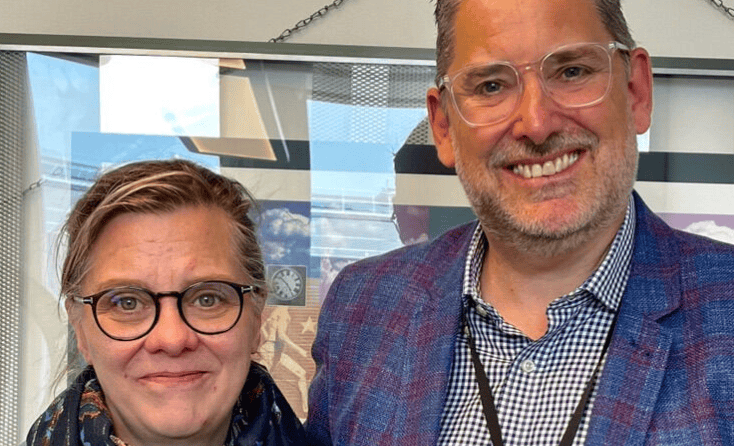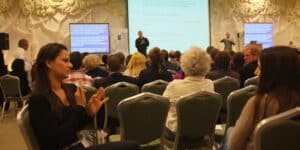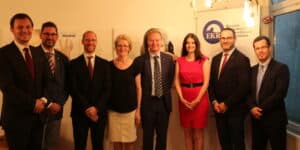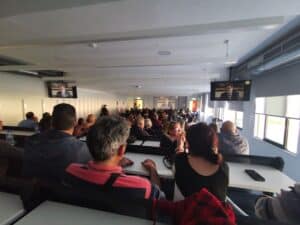Even though the European Union (EU) has ratified the United Nations Convention on the Rights of Persons with Disabilities (UN CRPD) and its Article 21(e), deaf people continue to face barriers in exercising their right to use their preferred languages in the European Union (EU). One of the most significant challenges faced by deaf people in the EU is the lack of information delivered in their national sign languages and the limited opportunities to communicate through their preferred languages. This situation arises from the EU institutions’ failure to recognise and promote national sign languages. Despite the European Union consisting of 24 spoken official languages and having its Member States legally recognise its 31 national sign languages, the EU has yet to endorse these national sign languages as part of its linguistic repertoire.
EUD has continuously called the EU to grant equal recognition and promotion to all national sign languages alongside its spoken languages at the EU level with urgency. By recognising and promoting national sign languages, the European Union will break down communication barriers, foster inclusivity, and ensure that deaf people have equal access to information, services, and opportunities across all EU member states. Only then will the EU Disability Strategy be fully implemented in line with the UN CRPD, and we can achieve a Union of Equality benefitting all individuals, including deaf people.
To further advocacy efforts, EUD Executive Director, Mr Mark Wheatley, met with Member of European Parliament (MEP) Anne-Sophie Pelletier (France/Left) who was Rapporteur on the Report “Towards Equal Rights for Persons with Disabilities” which was adopted on 13th December 2022 by a wide majority. When presenting her report in the European Parliament, MEP Pelletier began using French sign language to which she was stopped by the chairperson due to the lack of national sign language interpreters. This was a significant act of solidarity to support the deaf community.
During the meeting, Mr Wheatley discussed the need for national sign language interpretation in the European Parliament to ensure full accessibility for deaf people. Mr Wheatley also informed MEP Pelletier about the ongoing petition 1056/2016 which was submitted by EUD – on submitting petitions to the European Parliament in national sign languages. Unfortunately, there has not been much progress in implementing a solution to this, despite the fact that, this petition was submitted 7 years ago. During this meeting, it was agreed that focusing on the petition is important as it could be a gateway for the European Parliament to allow national sign language interpretation in the plenary sessions and other important events. EUD will continue to work with MEP Pelletier to further the efforts to ensuring equal access for deaf persons to communication and information at EU level.













